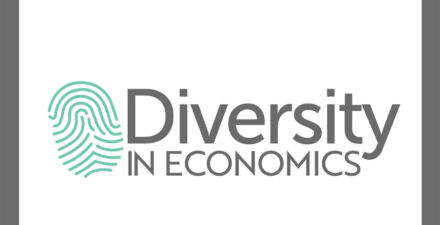College or an equivalent postsecondary credential remain the hallmark of “successful” investment in human capital and preparation for a high-skilled U.S. labor market, yet college access and completion rates are highly unequal by race, family economic background, and other demographic indicators. Moreover, the cost of college has skyrocketed such that student debt burdens threaten to make investments in postsecondary education less economically valuable and less viable for lower-income students than in the past. Equitable Growth is growing the evidence base for how postsecondary education serves as both an accelerator of and a mediator of economic inequalities, and looking for solutions that make lifelong investments in human capital via postsecondary education viable for all.
Featured work
U.S. labor markets require a new approach to higher education
January 14, 2021
January 14, 2021
A college degree is not the solution to U.S. wage inequality
July 20, 2020
July 20, 2020
The rising number of U.S. households with burdensome student debt calls for a federal response
October 21, 2020
October 21, 2020
Diversity in Economics video series uplifts diverse voices and research in economics and social sciences
January 5, 2023
January 5, 2023
Worker power and pay quality for young workers without a college degree in the United States
December 9, 2021
December 9, 2021
Explore Content in Post-secondary Education67
Congressional Republicans’ budget bill is the most regressive in at least 40 years
June 25, 2025
June 25, 2025
Request for Proposals: The economic effects of the Inflation Reduction Act
April 2, 2025
April 2, 2025
ASSA 2025 Round-up: Day 2
January 5, 2025
January 5, 2025
Request for Proposals: Promoting competition and supporting workers in an era of AI innovation
November 20, 2024
November 20, 2024
Request for proposals: Research grants for early career scholars
October 30, 2024
October 30, 2024
Request for proposals: Research grants for early career scholars
November 30, 2023
November 30, 2023
Diversity in Economics video series uplifts diverse voices and research in economics and social sciences
January 5, 2023
January 5, 2023
May jobs report: Young workers are entering a uniquely evolving U.S. labor market
June 3, 2022
June 3, 2022
Is there a skilled labor shortage? The economic evidence on skills gap and labor shortage concerns
May 31, 2022
May 31, 2022
Worker power and pay quality for young workers without a college degree in the United States
December 9, 2021
December 9, 2021
Explore the Equitable Growth network of experts around the country and get answers to today's most pressing questions!
















